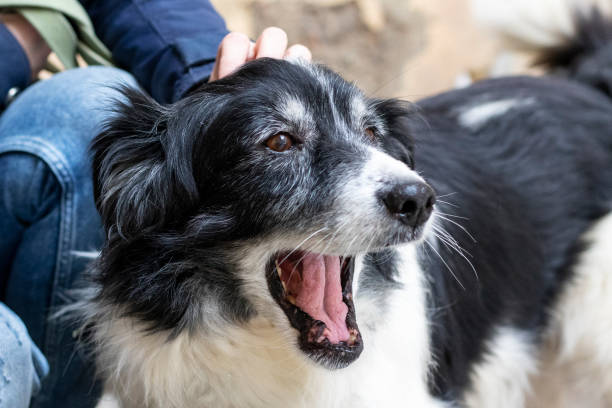Evaluating Cognitive And Behavioral Outcomes In Conjunction With Secure Base Effect For Dogs In Shelter And Foster Environments

Attachment relationships formed early in life have important implications for long-term social and behavioral outcomes for humans. Although previous research has established that dogs and humans form attachment relationships that can be categorized into attachment styles, the implications of these relationships have not been well-studied. This is a particularly important area of study for dogs living in foster homes and animal shelters, as it is currently unknown if and how attachment relationships formed in these environments correspond with behavioral and cognitive outcomes. In this study, we examined attachment styles in relation to cognitive measures and surveys of canine behavior and personality completed by caretakers of dogs in foster and shelter environments. Foster dogs with secure attachments displayed higher levels of persistence and performance on cognitive tasks compared to foster dogs with insecure attachments. On a survey given to foster and shelter volunteers, we found that securely attached dogs were rated as less neurotic than insecurely attached dogs for both foster and shelter groups. These results indicate that attachment relationships are associated with other important behavioral and cognitive traits of foster and shelter dogs, suggesting that the potential for causal associations should be explored further.
Thielke, L.E. and Udell, M.A.R. (2019). Evaluating cognitive and behavioral outcomes in conjunction with secure base effect for dogs in shelter and foster environments. Animals, 9, 932. doi: 10.3390/ani9110932.
Photo: iStock.com/Serhii Ivashchuk
View ResourceTopic(s): Behavior, Dog to People - Positive Caretaker Interactions, Shelter and Rescue, Social Interactions
